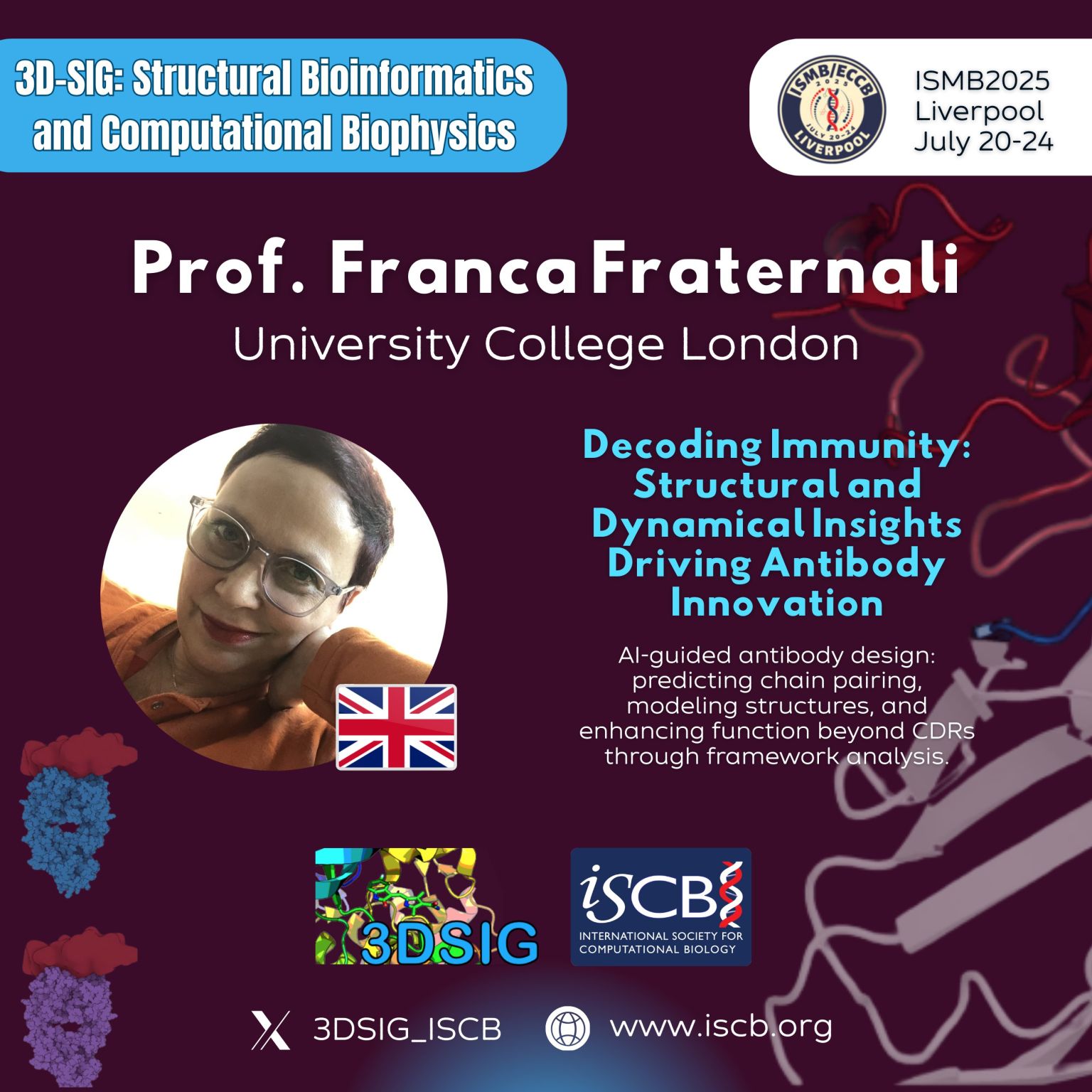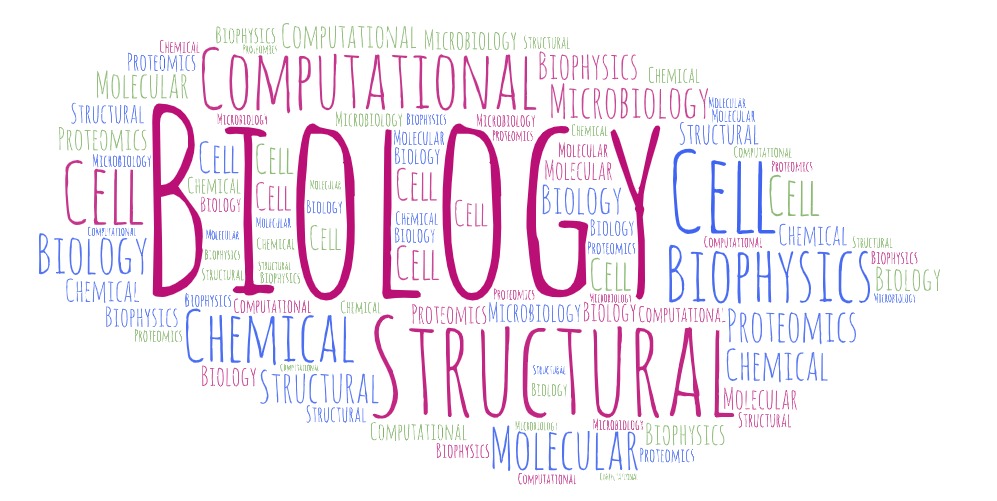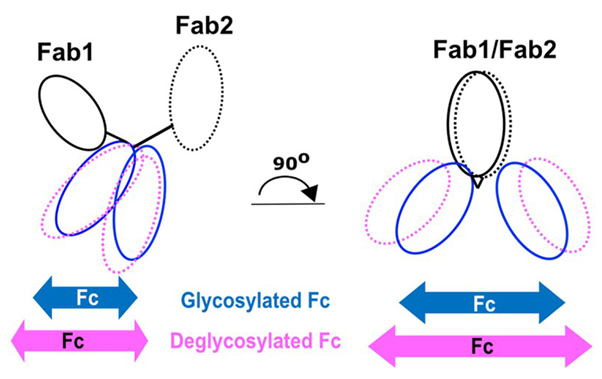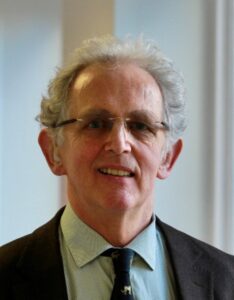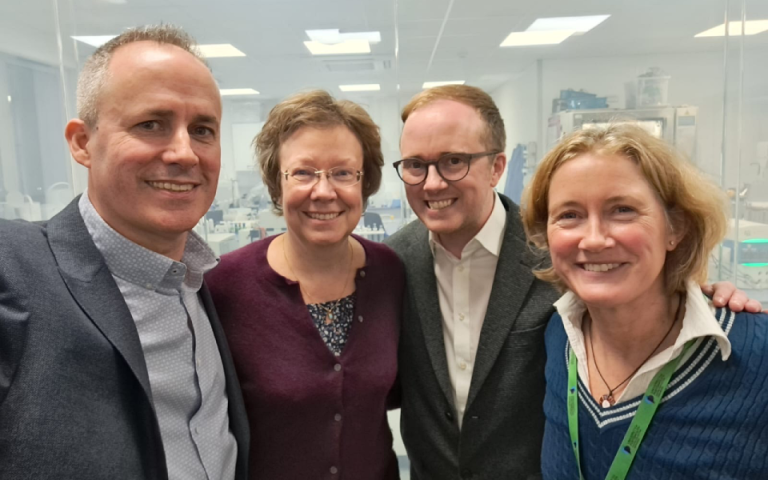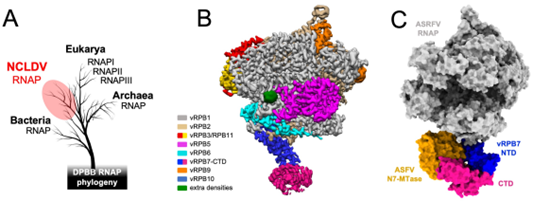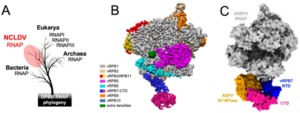A bid team which included UCL’s Professor Konstantinos Thalassinos has secured £49.35m from the UKRI Infrastructure Fund to establish a nationwide mass spectrometry infrastructure.
Critical Mass UK (C-MASS) will be a national hub-and-spoke infrastructure that will integrate and advance the UK’s capability in mass spectrometry, a technique that identifies the characteristics of molecules.
Mass spectrometry is used across a wide range of scientific research and C-MASS will enable large-scale screening and accelerated data access and sharing.
It will bring together cutting-edge instrumentation at a range of laboratories connected by a coordinating central hub that will manage a central metadata catalogue.
This will enable researchers to enhance their understanding of new materials required for quantum technologies, semiconductors, batteries, catalysts, medicines and more.
C-MASS will also be a critical health resource for the UK, for example by allowing researchers to combine datasets leading to key information about respiratory health from patients’ blood which can be compared with data on air quality.
Professor Konstantinos Thalassinos, academic lead of the UCL Mass Spectrometry Science Technology Platform, said: “I am thrilled by the funding secured for this groundbreaking mass spectrometry infrastructure. This investment will equip numerous labs across the UK with state-of-the-art mass spectrometers, fostering a collaborative approach to tackle significant challenges that are beyond the reach of any single lab.
“A cornerstone of this initiative is the establishment of a comprehensive data hub. This hub will not only coordinate activities but also crucially store data and metadata.
“The availability of such a resource will not only enable us to gain unprecedented insights from the data but will also be instrumental in advancing AI efforts. As we all know, these approaches heavily rely on large volumes of high-quality data, which the C-MASS data hub will provide. By harnessing the power of AI, we can unlock the full potential of this data, driving innovation and discovery in ways we can’t even imagine yet. This is a monumental step forward for scientific research in the UK, and I am thrilled to be part of this journey.”
Further information:
 A new project led by UCL seeks to develop the plants and food of the future, supported by UK government funding from the Advanced Research and Invention Agency (ARIA).
A new project led by UCL seeks to develop the plants and food of the future, supported by UK government funding from the Advanced Research and Invention Agency (ARIA).

